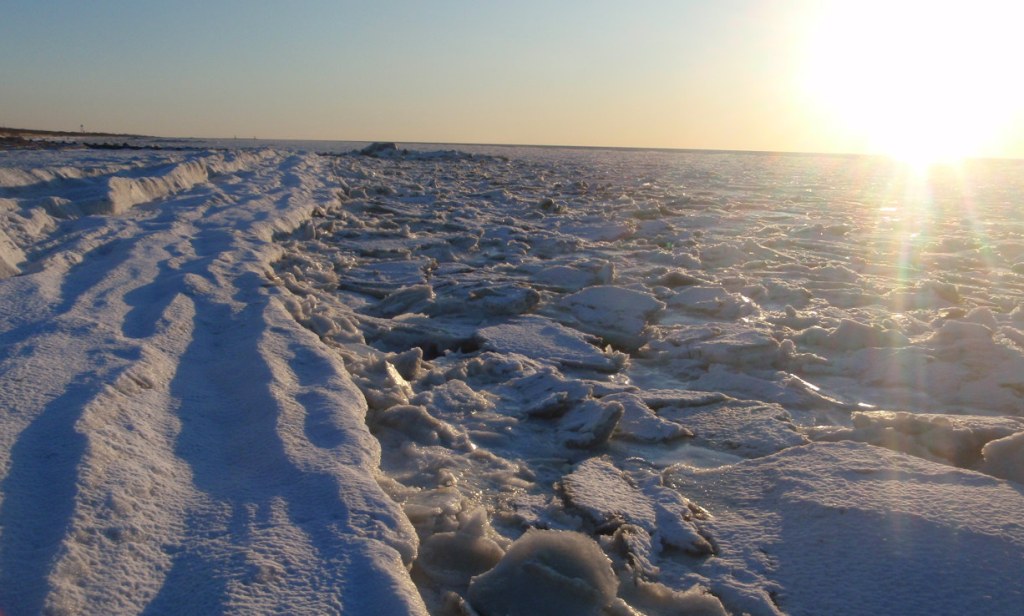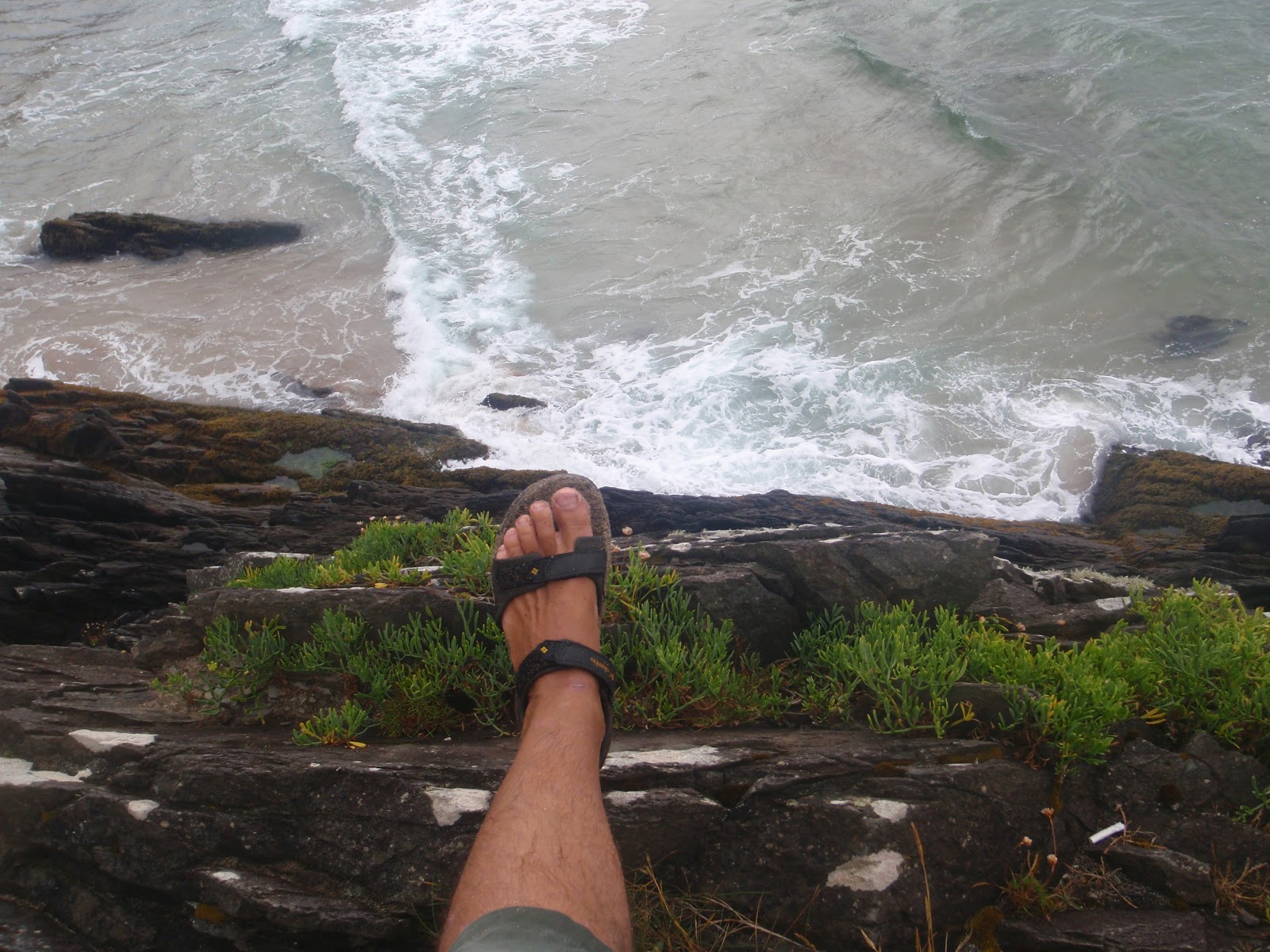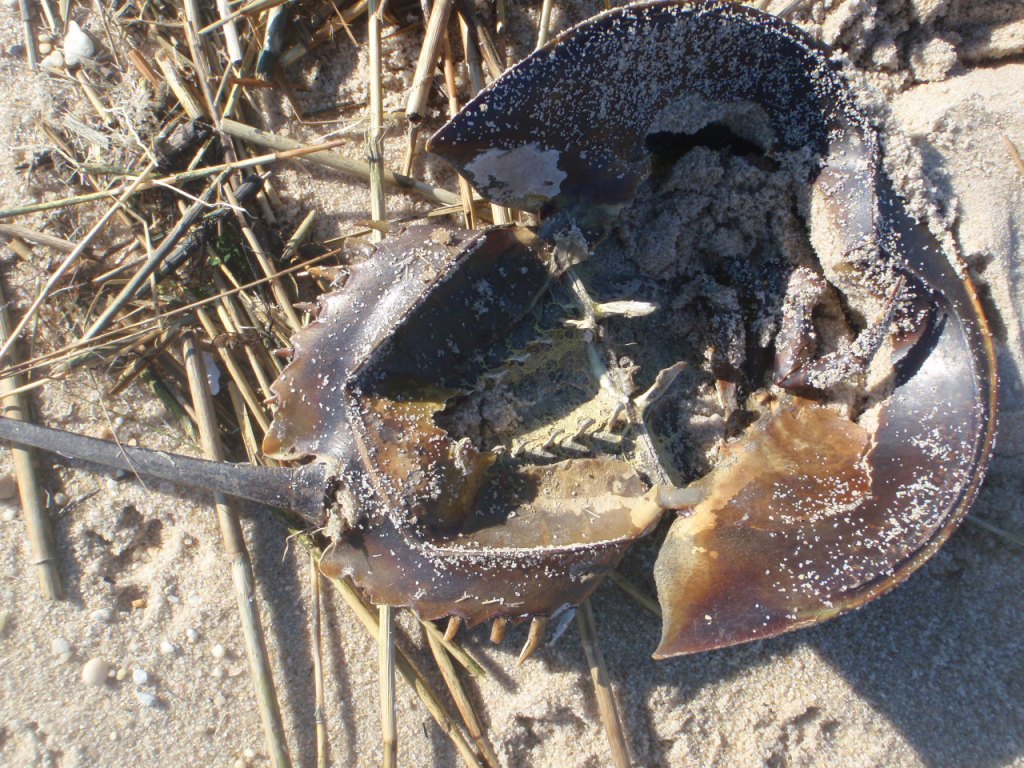George got a tin whistle three days after he learned to walk. He loved his tin whistle, and played it for hours in his playpen. For reasons he could not grasp, he could not take it outside. That was OK, though--his mother set up play dates with children in the neighborhood, at least those with tin whistles, and he spent his time with them, playing out his happy little heart.
For George's 6th birthday, he got a wooden flute. Ah, this is even better, he thought. And indeed, the tone was less shrill, less tinny--it required more work to master, but master George did. He worked and he worked and he worked and he worked.
In 2nd grade, despite his parents' wishes, he snuck the wooden flute into school. You see, his mom said, other children do not work as hard as you, so they are not as proficient at playing
their flutes. (George thought about this, but was confused, since most of his classmates had no clue what a flute was, and seemed perfectly happy without them.)
George pulled out his wooden flute during lunch, and played a beautiful tune. He was sent to the Principal's office, his flute was taken away until his mother came to pick both him and the flute.
Soon afterward, George's mother transferred him to a private school, where everybody had a flute, but most were aware that the flutes should be played inside, around those with flutes. This will be good for George, thought his mother. Now he will work even
harder.
On his 12th birthday, George got a silver flute, one with valves and a case. Now he could master the songs of his parents, with resonant undertones and complex nuances. So much beauty, so much power!
Now he could carry it everywhere, hidden in its case When he saw others carrying similar cases, he knew, he
knew. But he never said a word in public nor dared play a note outside. Still, he had plenty of time to play with others--there was a club for kids like him, and he enjoyed their company.
George did well in high school, and got into a fine college. His mother gave him a golden flute as a graduation gift. His folks paid dearly for his education, but it was oh, so worth it--so many students had golden flutes!
For graduation, he received the gift of all gifts, the key to life's happiness! An invisible flute, so subtle in its tones that George could play it openly, and did. Only those with similar musical training could truly decipher the meaning of his beautiful, so beautiful, music. Others without flutes knew something was up--what grown man walks around blowing into one hand with the other hand curled up a foot away from his face. Such an affectation. But others were doing it, and, well, the others thought, live and let live.
To George's delight, he lived long enough to see a man like him elected President, a man who promised to make flute-playing American again, a man who spray-painted his invisible flute a garish gold, so all the world could see it. He played it so loudly that even the deaf could hear it. And he played and he played and he played and he played. The POTUS-elect did not play well, but, goodness he played openly and loudly and with pride.
But if you cannot play the flute, you have to go. Or if you come from a land that plays rebabs, kalimbas, or a ukuleles, you must register with your local government.
Some say this makes the incoming President an open flautist, and the KKK agrees, but the President has assured us, in between arias, that no, no, no, he is not a flautist, he just knows some good people who play the flute. Not the same thing, no, not at all. (You see, the Lady Mary Anne MacLeod Trump the First told him since he was a wee boy never, ever, ever admit you play the flute.)
George will tell you the same. Not only is he not a flautist, he denies the very existence of flautism. He is a hard-working American who learned to play the flute. But, by God, he is not, and never will be, a flautist.
I apologize to the real flautists among us....





























































